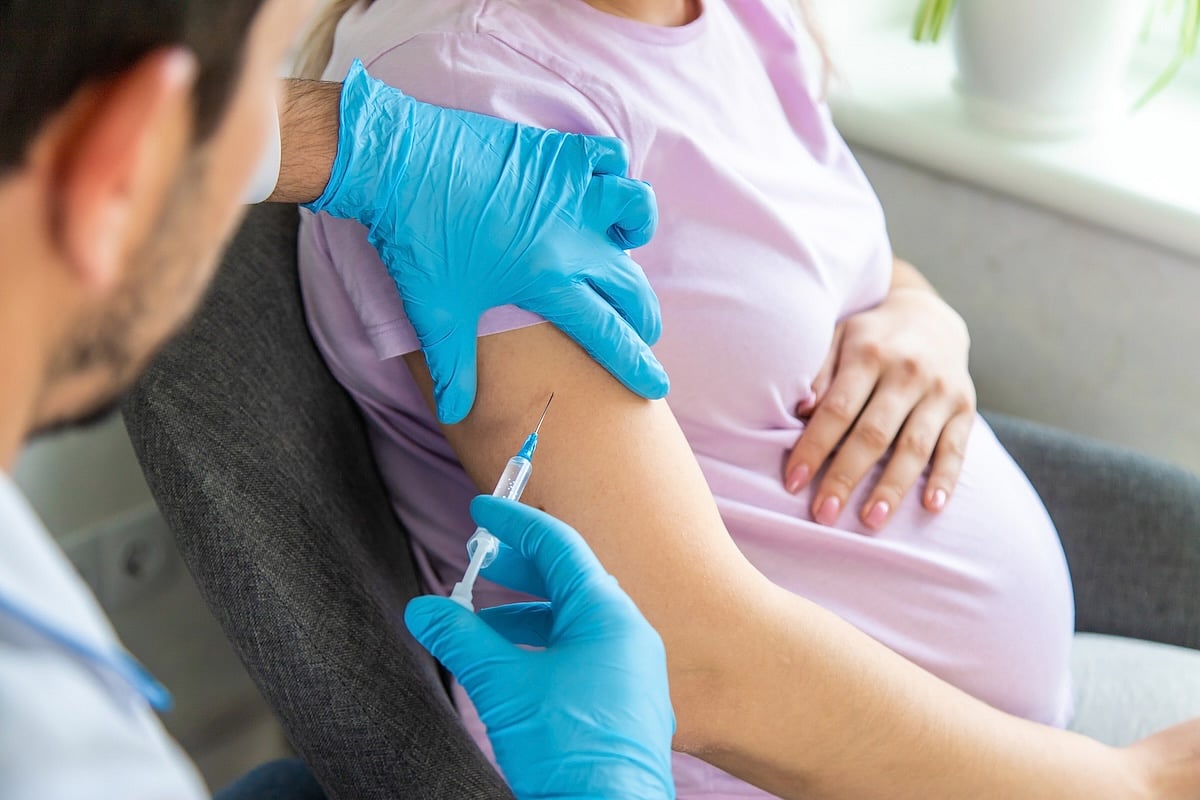
Health officials are warning about a rise in injuries linked to the misuse of nitrous oxide, aka laughing gas. The gas, which is used medically as a sedative and in whipped cream cans, is now being sold in small, flavored canisters with names such as Cosmic Gas, Galaxy Gas and MassGass. On Friday, the U.S.… read on > read on >


















